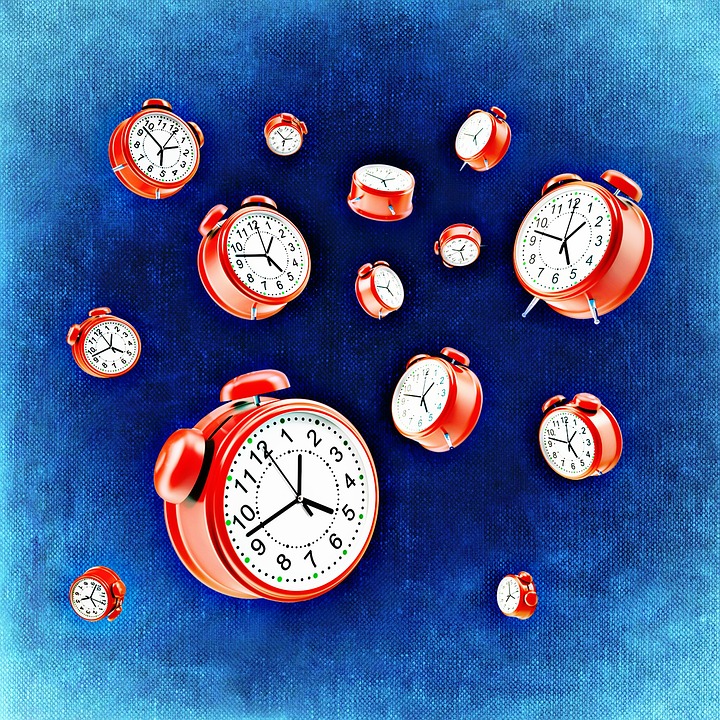The disruption in our body’s internal clock may cause depression, mood instability, loneliness according to researchers … reports Asian Lite News.

Experiencing depression, mood instability, loneliness? Blame the disruption in your body’s internal clock, researchers say.
The study, published in The Lancet Psychiatry, revealed that disturbances to the body’s internal clock or the circadian rhythms are also associated with lower happiness and health satisfaction, and worse cognitive function.
Our 24-hour biological body clock governs the fundamental physiological and behavioural functions including from body temperature to eating habits in almost all organisms.
Disruptions to it may arise from increased activity during rest periods and/or inactivity during the day.
“Our findings indicate an association between altered daily circadian rhythms and mood disorders and well-being,” said study author Laura Lyall, from the University of Glasgow.
“The study reinforces the idea that mood disorders are associated with disturbed circadian rhythms, and we provide evidence that altered rest-activity rhythms are also linked to worse subjective well-being and cognitive ability,” Lyall added.
The study included data from 91,105 participants aged between 37-73. The researchers objectively measured the rest and activity rhythm patterns which is known as relative amplitude.
The results showed that lower relative amplitude was linked with greater odds of reporting lifetime history of major depression or bipolar disorder.
It was also associated with greater mood instability, higher neuroticism scores, more subjective loneliness, lower happiness and health satisfaction, and slower reaction time.
However, the researcher said that the findings showed observational associations rather than cause and effect, and “cannot tell us whether mood disorders and reduced well-being cause disturbed rest-activity patterns, or whether disturbed circadian rhythmicity makes people vulnerable to mood disorders and poorer well-being,” Lyall said.
She also noted that rest-activity rhythms differ between younger and older adults which may cause difference in the daily clock and mental health link based on their age.








